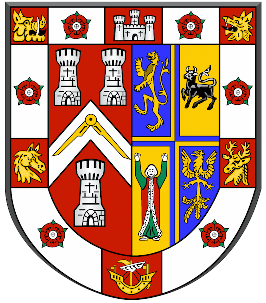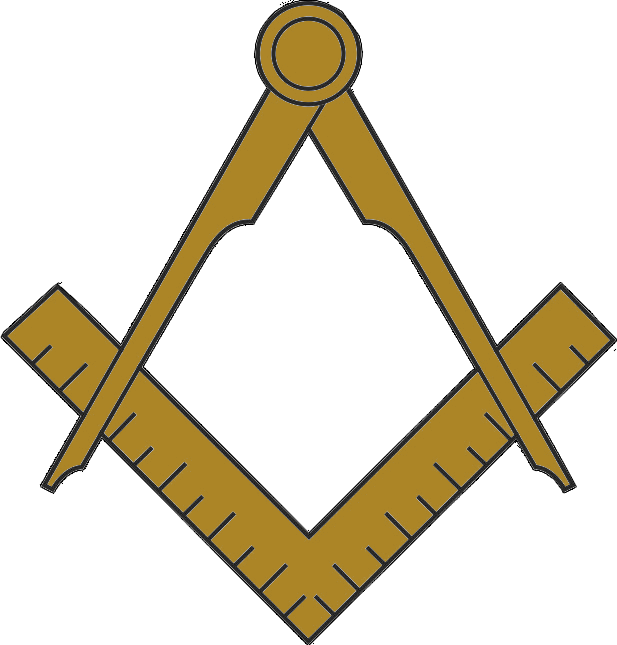Freemasonry means different things to everyone who joins. For some, it is about making new friends and acquaintances. For others, it is about being able to help deserving causes and making a contribution to society. But for most, it is an enjoyable hobby and a journey of self-fulfillment.
Freemasonry is one of the world's oldest secular fraternal societies. The following information is intended to explain Freemasonry as it is practised under the United Grand Lodge of England, which administers Lodges of Freemasons in England and Wales and in many places overseas.
The explanation may correct some misconceptions.
Freemasonry is a society of men concerned with moral and ethical values. Its members are taught its precepts by a series of rituals, which follow an ancient format and the use of stonemasons' customs.
The essential qualification for membership is a belief in a Supreme Being.
Membership is open to men of any race or religion who are of good repute.
Freemasonry is not a religion, nor is it a substitute for religion. Its essential qualification opens it to men of any religion and it expects them to continue to follow their own faith. However it does not allow religion to be discussed at a meeting.
For many years Freemasons have followed three great principles:
Brotherly Love, Relief and Truth
Every true Freemason demonstrates tolerance and respect for the opinions of others and behaves with kindness and understanding to others. He is taught to practice charity and to care, and to strive for truth, requiring high moral standards and aiming to achieve them at all times.
From its earliest days, Freemasonry has been concerned with the care of orphans, the sick and the aged.
This work continues today. In addition, large sums are given to national and local charities.
Freemasonry demands from its members a respect for the law of the country in which a man works, lives or visits.
Freemasonry is very open about what its aims and principles are and why Freemasonry exists. All members are free to acknowledge their membership if they so wish, it is a personal choice. Like many other societies, it regards some of its internal affairs as private matters for its members.
Freemasonry is non-political, and the discussion of politics at Masonic meetings is forbidden.
Freemasonry is practised under many independent Grand Lodges with standards similar to those set by the United Grand Lodge of England.
There are some Grand Lodges and other apparently Masonic bodies that do not meet these standards, e.g. that do not require a belief in a Supreme Being, or that allow or encourage their members as such to participate in political matters.
These Grand Lodges and bodies are not recognised by the United Grand Lodge of England as being Masonically regular, and Masonic contact with them is forbidden.
A Freemason is encouraged to do his duty through his faith, and then without detriment to those dependent on him, to his neighbour through charity and service.
None of these ideas are exclusively Masonic, but all should be universally acceptable. Freemasons are expected to follow them.
For more information about Freemasonry in Hampshire click here.
If you have any further questions about Freemasonry, the FAQ's page on the United Grand Lodge of England website may answer them. You can visit it by clicking here.



